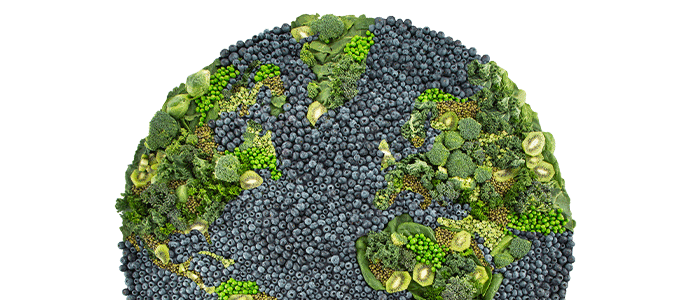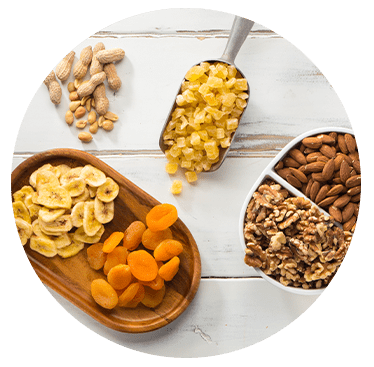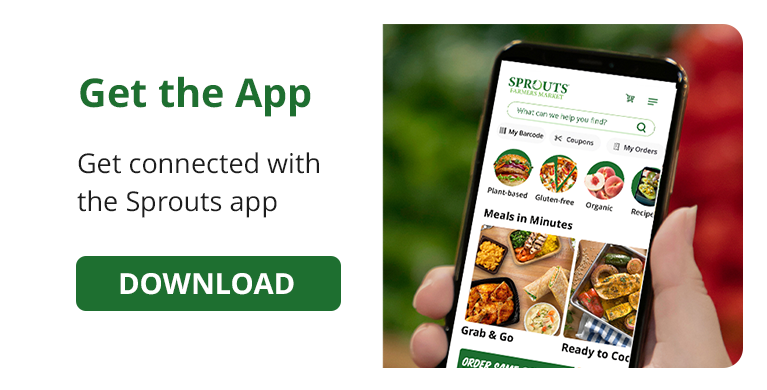Sustainability:
Taking Good Care
Sustainability:
Taking Good Care

Animal Welfare
At Sprouts we believe that bettering animal welfare is a part of good business. We recognize our responsibility to ensure the welfare of farm animals throughout our supply chain with respect to their physical, behavioral, and mental well-being. We are working to establish and implement meaningful animal welfare standards across our meat supply chain. As part of this process, aimed to improve animal welfare, we are engaging our suppliers, non-governmental organizations (NGOs), and other relevant stakeholders to ensure our policies and targets for continuous improvement are progressive, meaningful, and help drive the industry forward.
By 2024
We also recognize the welfare issues experienced by conventional breeds of chickens raised for meat production and will monitor developments as research continues to evolve. We will continue to look for ways to adopt higher-welfare breeds in our supply chain. We will also update our progress annually and verify compliance with our goals through 3rd party audits.
Chicken – Commitment to Welfare and Quality
We are taking a phased approach to improving broiler chicken welfare meaningfully and measurably. We are working collaboratively with our industry partners to meet the following targets for our meat department and deli rotisserie chicken.By 2024
- Improve the environment for chickens including litter, lighting, and enrichments as per the Better Chicken Commitment standards. These changes are designed to encourage the natural behavior of chickens such as pecking, scratching, exploration, and play.
- Reduce stocking density to 6.0 lbs./sq. foot and prohibit broiler cages to allow chickens more room to move about.
- Process chickens in a manner that avoids pre-stun handling and instead utilizes a multi-step controlled-atmosphere processing system that induces an irreversible stun (CAS). This more humane technology is intended to provide a less stressful experience and contribute to improved animal welfare, better processing conditions, and higher quality meat.
Chicken Welfare Roadmap
Current Progress and Goals
| BCC Components | 2021 | 2022 | 2023 | 2024 | 2025 | 2026 |
|---|---|---|---|---|---|---|
| CAS Processing | 17% | 24% | 35% | 60% | 65% | 100% |
| Friable Litter | 17% | 24% | 60% | 100% | ||
| Lighting | 17% | 24% | 60% | 100% | ||
| Physical Enrichments | 17% | 24% | 60% | 100% | ||
| Stocking Density (6.0 lbs./sq. ft.) | 60% | 66% | 70% | 75% | 100% |




















